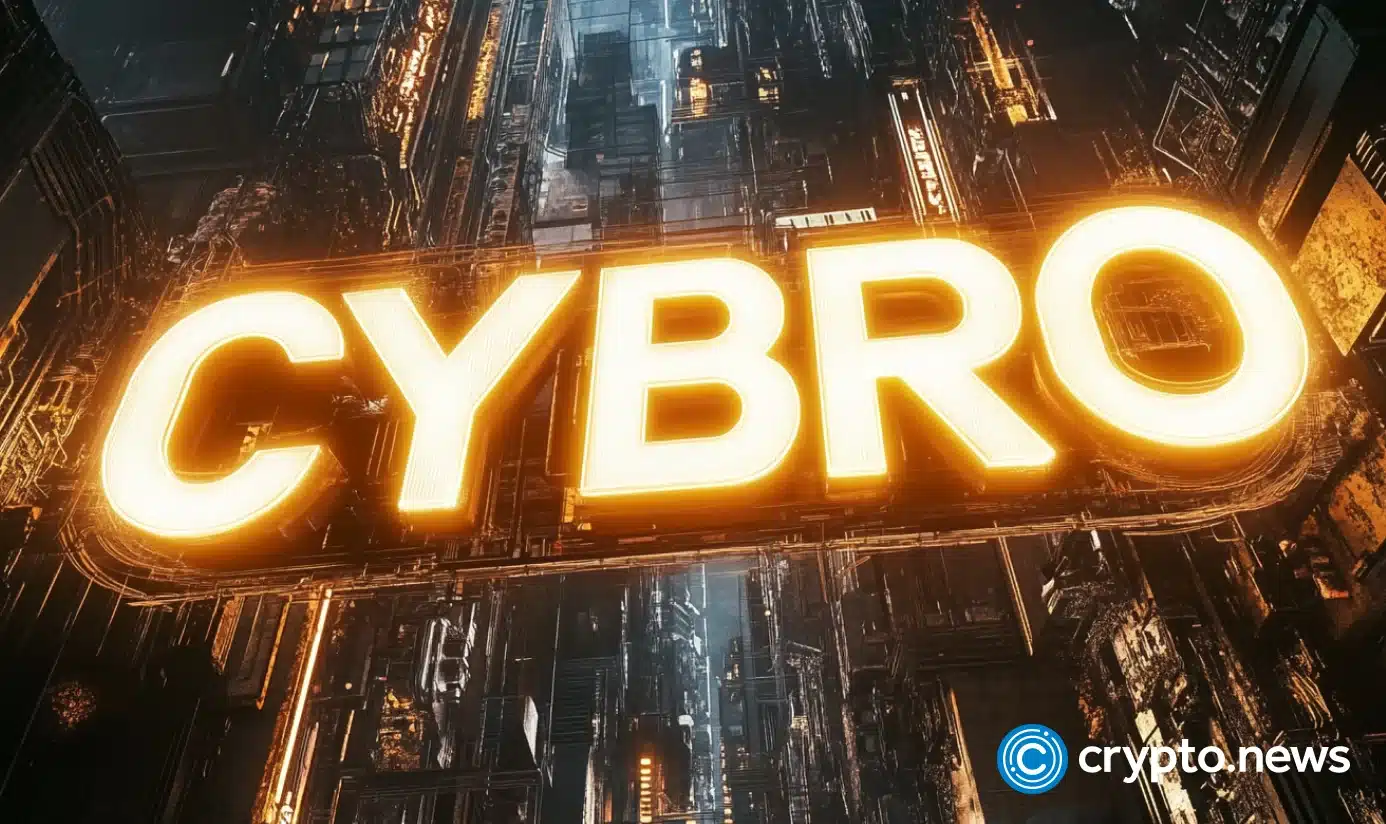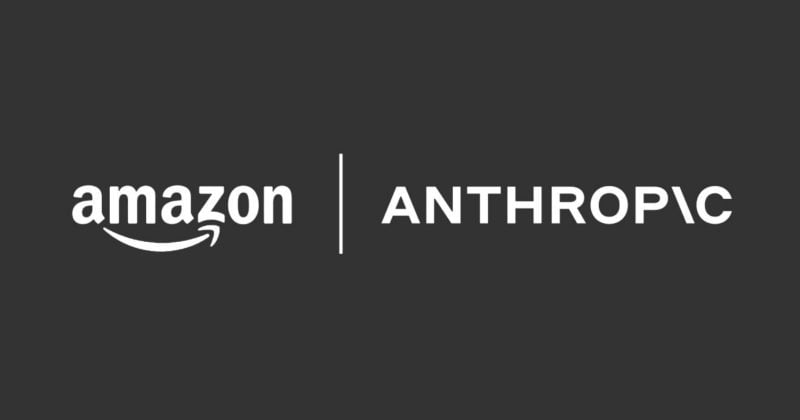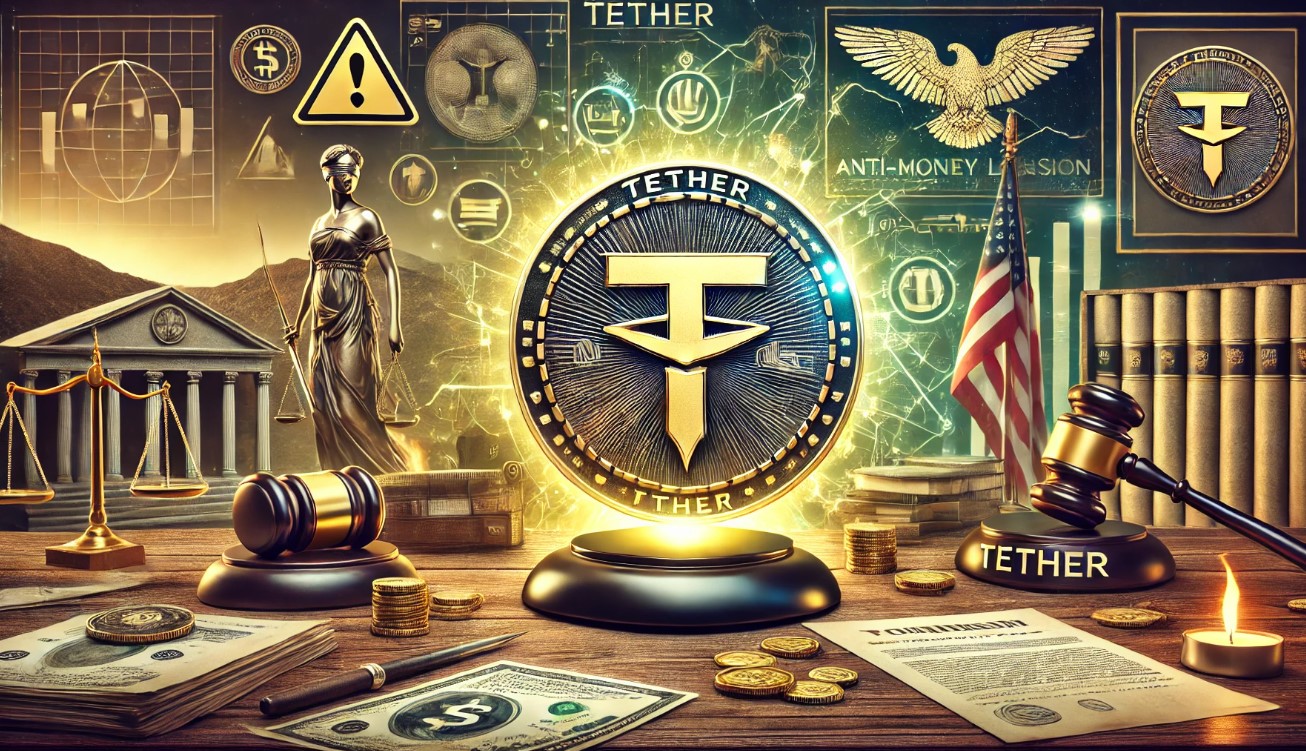The U.K.’s HM Treasury recently announced it will test the issuance of digital gilts (government bonds) on digital ledger technology.
The pilot program follows the launch of the Digital Securities Sandbox, which facilitates innovation in a controlled environment. The sandbox is set to operate until at least January 2029.
While the exact details of the digital gilts program have yet to be announced, two approaches are being considered: slow, gradual releases in a multi-stage format and a ‘Big Bang’ approach going straight to the trading of gilts and repos on-chain.
While legal and regulatory work will need to be done before the project is viable, it’s yet another move in the right direction for innovation in the U.K. Digital gilts would increase transparency, slash fees, broaden market access, and dramatically reduce settlement times.
Commitment to innovation and cutting red tape
The U.K. is home to an outsized number of tech unicorns, and fostering the sector has been a central focus of successive governments.
More recently, Keir Starmer’s Labour Party announced plans to cut red tape and unleash innovation by forming the Regulation Innovation Office. While some see the irony in creating another government department to streamline regulations, the intention is there.
The U.K. has also pioneered the digital currency and blockchain sectors. Exploring the concept of Britcoin early on, former Prime Minister Rishi Sunak said he wanted the U.K. to be a global leader for digital currency assets, and the U.K.’s financial watchdog, the Financial Conduct Authority (FCA), has taken a strict approach to ensure only the cream of the crop can operate in the country.
The U.K. treats digital assets as property
The U.K. has also been leading in its legal and regulatory approaches to the industry. In 2020, the High Court ruled that Bitcoin and other digital currencies qualify as property under English common law.
The Law Commission also explicitly stated that digital assets should be treated as property, and the government has supported this approach. This gives U.K. residents unrivaled legal certainty regarding Bitcoin, other digital currencies, NFTs, and tokens of all kinds.
Yet, the U.K. is set to go further. In 2023, the Law Commission published the Digital Assets Consultation Paper proposing the creation of a new category of property called “data objects” to better account for digital asset’s unique characteristics.
Digital gilts are another stepping stone toward global leadership
With successive tech-friendly governments, a world-leading legal framework for governing digital assets, and the willingness to innovate, the U.K. is well on the way to becoming a global hub for digital assets.
Digital gilts are another step in that direction, but they’ll also strengthen the U.K.’s already dominant financial sector. Faster settlements reduce counterparty risk, real-time trading boosts secondary market activity, and the built-in transparency of blockchains and digital ledgers makes compliance easier. It’s a classic example of how innovation in one area has a spillover effect benefiting other sectors.
CoinGeek will keep you up to speed as the pilot progresses and as more news emerges from the U.K.’s Digital Securities Sandbox. Make sure to subscribe to ensure you don’t miss anything!
Watch: New age of payment solutions

















 English (US) ·
English (US) ·